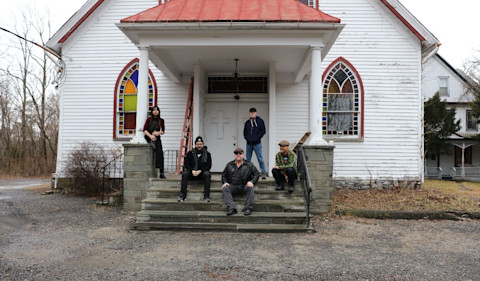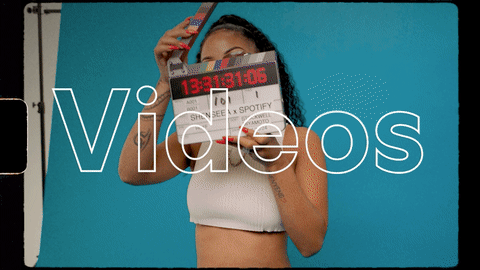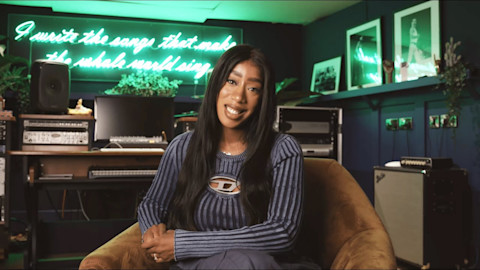So, you’ve spent a bunch of time making music, and you work hard to get your music into fans’ ears via Spotify. But have you ever considered speaking directly to them? Enter Anchor. In February, we officially welcomed the podcasting company to the Spotify family so that we could provide audiences and fans with even more of their favorite things to listen to, and present artists with new ways to engage with their fans.
It’s no secret that podcasts are more popular than ever. According to Forbes, podcasting has grown 300% since 2006; 73 million Americans listen to podcasts each month. We’re willing to bet that you’ve experienced this podcast boom in some form, whether you’re hooked on a series, have listened to an episode or two, or keep overhearing people around you talking about their new favorite show. There’s no doubt that podcasting is expanding like crazy, and if you have a story to tell, someone out there is dying to hear it. For those who are ready to experiment, have fun, and try out a new way to connect with fans, here’s why it’s time for you to start using Anchor.
Build your brand
A podcast is a great way to establish your personality as an artist and expand the range of audiences you reach. The first thing to consider when thinking about launching a podcast is your brand. What are the things that set you apart from others? What can you share with people that’s unique to you? What are you passionate, opinionated, or knowledgeable about? These are the topics and conversations that will connect most with your existing fans as well as new listeners, who may be more inclined to listen to your music after hearing what you have to say on your podcast.
Actor, singer-songwriter, and producer Mack Wilds, along with friends Mouse Jones and Flyry, produces the Guys Next Door podcast—a great example of an artist using his personality and broader interests (love and relationships, in this case) to reach communities beyond the ones who know him solely for his work on screen and on records.
Connect with your audience wherever they are
Podcasts are popular for a lot of the same reasons music is popular. You can listen to them anywhere—while commuting to work, tidying up at home, walking the dog. The casual, portable listening experience draws audiences in, and once you’ve attracted listeners, the key to success is keeping them coming back for more. One way to do that is to record regularly enough that your listeners’ appetites stay strong and their attention doesn’t have an opportunity to drift. It’s the same strategy that factors into your music release schedule, but podcasts actually allow you to engage more directly with listeners in a way that you can’t with music. For example, you might consider collecting voice messages from listeners, who can submit them right in the Anchor app or from anywhere via our Voice Messages for Web tool, and adding them to episodes.
How podcasting can work on your terms
Podcasting doesn’t have to be complicated, and you don’t have to be an expert. With the Anchor app, all you need is a format for your storytelling and a mic (most smartphones come equipped with podcast-ready microphones). Once you’ve nailed down your brand and have a better idea of the concept of your podcast, you’ll just need to consider its format. Will the podcast be co-hosted? Will you be conducting interviews? For musicians, a podcast can be as easy as giving fans a closer look at what goes on behind the scenes during a tour or recording sessions. For example, you could interview your band’s opener or some of the roadies that probably have a pretty amazing perspective on all that goes into a show. The beauty of podcast production is that it doesn’t require a lot of specialized equipment; you can take a mic with you anywhere you go, and incorporate recording into a hectic, location-changing schedule with very few production requirements.
As a tool, Anchor has some awesome features that allow you to track your podcast performance, share episodes on social media, and even make additional income through an advertising platform, Anchor Sponsorships. For more tips on getting started and making the best out of your podcasting journey, be sure to check out the Anchor blog.






